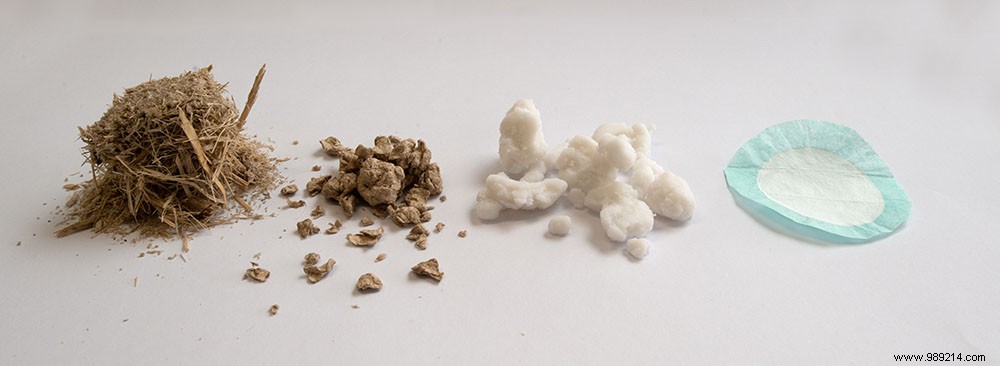Due to the Covid-19 pandemic, many humans are now wearing single-use protective masks. For ecological reasons, a team of Australian researchers has therefore developed a new type of mask. Composed of natural fibers, it is biodegradable.
The protective mask is a very important tool in the fight against Covid-19. However, it is also a far from negligible source of pollution. Take for example the case of China where many beaches are polluted by this object. In France, a recent bill provides for a fine of 300 euros for anyone who throws their mask in the street. And for good reason, with the deconfinement, our country is facing an upsurge in this type of unacceptable behavior. However, you should know that these masks made of polypropylene microfibers are difficult to recycle.
In a press release published on April 15, 2020, researchers from Queensland Technological University (Australia) explain that they have made a new type of mask. The latter is made of natural fibers and therefore biodegradable. It consists of nanocellulose obtained from plant waste . Scientists mention, for example, sugar cane residues.

The leaders of the project did not put environmental protection at the expense of the performance of their mask, far from it. Indeed, this type of mask can block particles smaller than 100 nanometers . The researchers even believe that this biodegradable mask is more effective than some commercially available masks. Remember in passing that surgical masks block around 80% of particles with an average size of 60 nanometers. This same rate is 94% for FFP2 masks.
Another important fact:this biodegradable mask would be slightly less restrictive in terms of breathing. For all these reasons, Australian researchers want to find industrial partners willing to produce their mask on a large scale . However, you should know that it is not yet approved, so you will have to wait.
If researchers at Queensland Technological University have worked on a non-polluting material, others have recently preferred to explore avenues for reuse. This is the case of Michelin, for example, which has developed a protective mask that can be reused 100 times.